Meswak Salvadora persica: Benefits, Remedies, Research, Side Effects
Peelu- Salvadora persica, more popularly known as ‘Meswak’ is an Ayurvedic herb for cleaning the teeth, treating cases of rheumatoid arthritis, snake bite, piles, common cold, fever and for the use of purgation.
Latin name- Salvadora persica Linn.
Family- Salvadoraceae (Pilu kula)
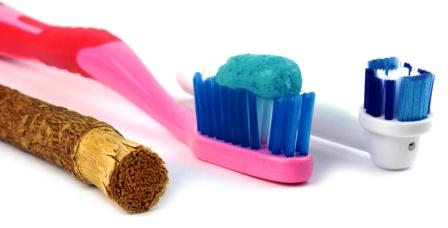
Table of Contents
Vernacular names
Names in different languages:
Hindi name- Jhaka, Meswak
English name- Tooth brush tree, Mustard tree, Salt brush tree
Arabic name- Arak
Bengali name- Jhal
Gujarathi name- Khari Jhal
Kannada name- Goni mara
Marathi name- Peelu, Khakana
Punjabi name- Peelu
Telugu name- Vara gogu
Tamil name- Perungoli
Sanskrit Synonyms
Guda phala- The fruits are sweet
Teekshnataru, Karabhavallabha, Sheetasaha, Sahasrangi, Virechana phala
Dhani, Shyama, Galaphala
Shakhi – Plant have many branches
Gulmhari – It is indicated in gulma due to its purgative action
Sramsi – Fruits have purgative action
Classical categorization
Charaka- Virechanopaga, Shirovirechana, Jwarahara, Katuskandha
Sushruta- Shirovirechana
Dhanvantari Nighantu- Amradi varga
Bhavaprakasha- Amradi phala varga
Kaiyyadeva Nighantu- Oushadhi varga
Raja Nighantu- Amradi varga
Scientific classification
Kingdom: Plantae
Order: Brassicales
Family:Salvadoraceae
Genus: Salvadora
Species: S. persica
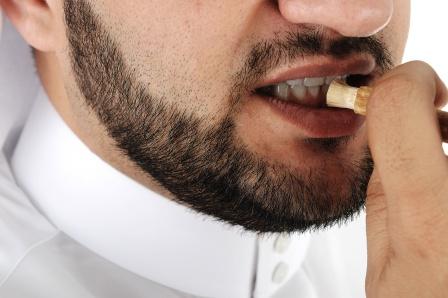
Morphology
Morphology of Meswak:
Pilu is a bushy shrub or small tree growing to a height of 8-10 feet. The stems are weak, twisted. Its bark is scabrous and cracked, whitish with pendulous extremities. The root bark of the tree is similar to sand, and the inner surfaces are an even lighter shade of brown. It has a pleasant fragrance, of cress or mustard, as well as a warm and pungent taste. The flowers of the plant are pale green and bloom in the month of spring. The fruit is red when ripe, has a diameter of 0.5 inch, round, sweet and gives a strong, pleasant smell when crushed. It is seen in the summer season. The root is used in many parts of the world as a toothbrush. The plant is found all over India in the dry area. The tree is a native of Persia.
Properties, part used, dosage
Properties:
Rasa (Taste) – Tikta (Bitter), Madhura (Sweet)
Guna (Qualities) – Laghu (Light for digestion), Snigdha (Slimy in nature), Teekshna (Strong)
Vipaka – – Katu (Undergoes Pungent taste after digestion)
Veerya (Potency) – Ushna (Hot)
Karma (Actions) – Kaphavata shamaka (reduces vitiated kapha and vata dosha)
Pharmacological action – Aphrodisiac, Stomachic, Appetizer
Part used- Fruit, Seed, Leaf and Root bark
Dosage-
Powder of seed: 3-5 g
Decoction: 50-100 ml
Varieties
Ra. Ni – Two types – Pilu and Raja pilu
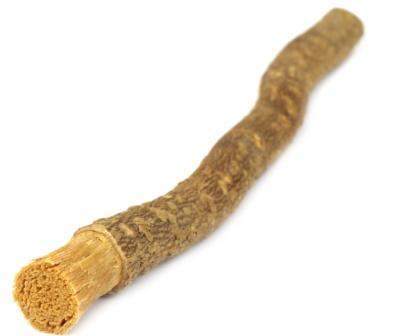
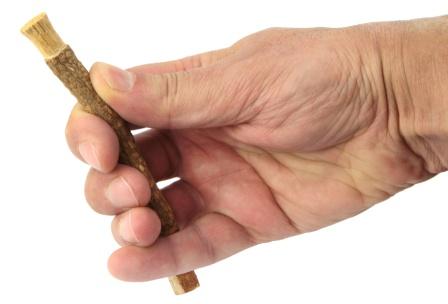
Chemical constituents, Uses
Salvadora persica chemical constituents:
The root gave elemental gamma- monoclinic sulfur, benzyl glucosino- late, salvadourea (a urea derivative), m-anisic acid and sitosterol. Benzyl isothiocyanate, isolated from the root, exhibits antiviral activity against Herpes simplex virus-1 which a?ects oral region. Root bark and stem bark contain trimethy- lamine. Myristic, lauric and palmitic acids are the major acid components of the seed fat.
Uses of Pilu:
- The oil extracted from the seeds of the plant Salvadora persica is applied over the joints in cases of rheumatoid arthritis.
- The cold infusion or the decoction prepared from the leaf of the plant is given in a dose of 40-50 ml to treat cough.
- The leaf of the plant is slightly heated and tied over the part of the body or joints affected with pain and inflammation.
- The paste of the root and root bark is applied over the area affected with snake bite to relieve inflammation and pain.
- The cold infusion prepared from the fruit is given in a dose of 40-50 ml to treat fever.
- The small twigs of the plant Meswak is used as a toothbrush for cleaning the teeth. This practice is still prevalent in some parts of the country where Pilu is found.
- The fruits and the decoction of the root are given to treat dysmenorrhea and difficulty in micturition.
- The ripened fruit is consumed in helping pass on the constipated bowels.
- The seeds act like ‘Virechaka’ (increased intestinal motility) and are used for ‘virechana karma’.
- The powder of the seed is used for Pradhamana Nasya (blown through nose) to treat rhinitis and sinusitis.
- The paste of the leaf is applied over the external pile mass as part of treatment.
- The paste of the leaf and seed is applied over the area affected with skin diseases.
- The extract of the plant is used in toothpaste by some of the manufacturers.
Sanskrit verse
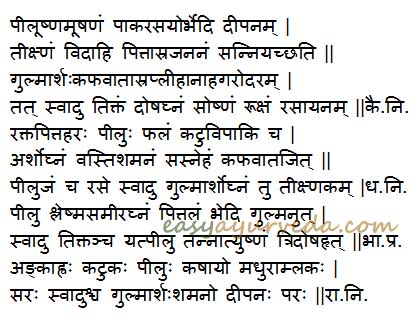
Ayurvedic description:
Deepana – improves digestion strength
Teekshna – strong, piercing
Vidahi – causes burning sensation
Pittasrajanana – causes pitta increase and blood vitiation
Balances Kapha and Vata Dosha
Indicated in –
Gulma – Tumors of the abdomen
Arsha – hemorrhoids
Bhedi – piercing
Interaction with medicines, supplements
Can this be used while taking Homeopathic medicine?
Yes. This product does not react with homeopathic medicine.
Can this medicine be continued while taking supplements like multivitamin tablets, Omega 3 fatty acids etc?
Yes. Generally, this product goes well with most dietary supplements. However, if you are taking more than one product per day, please consult your doctor for an opinion.
With western
medicines
Seek your
doctor’s advice if you are taking this product along with other western
(allopathic / modern) medicines. Some Ayurvedic herbs can interact with modern
medicine.
If both Ayurvedic and allopathic medicines are advised together, then it is
best to take Allopathic medicine first, wait for 30 minutes and then take the
Ayurvedic medicine.
Adverse effects, Research
Adverse effects-Persons suffering from diarrhea should not consume the fruits of Pilu as it can worsen the condition.
Oral intake is not suitable for Pitta body type people or in high Pitta disorders.
Research articles about Salvadora persica:
Effect on oral health: The stick of the plant has anti- microbial, anti- carcinogenic action in the oral cavity. Besides it helps in reducing dental plaque and gingivitis.
Preventing dental caries: In this research the efficacy of Miswak in preventing dental caries was investigated and compared with the efficacy of toothbrush and tooth- paste. The data collected at the end of the study showed a significant increase in DMFT in the control group (p-value = 0.000). There was 55% increase in the rate of dental caries in the control group compared to the case group (0.89 before the study and 1.38 after the study). The risk of dental caries for each tooth in the control group was 9.35 times more than the case group (9.14% and 0.98% respectively). Dental caries rate was detected slightly less in the case group at the end of this study.
Author: Dr.B.K.Prashanth M.D (Ayu), Ph.D
E mail: drprashanthbk@gmail.com
Formulations
Kushtanasaka pralepa – Kushta
Visarpasodhana yoga – Visarpa
Haritakyadi choorna – Udavarta
Systemic Action
External – Seed oil have analgesic and Anti inflammatory actions. It can be used for external application in joint pain. Root bark can cause blisters. Its bark can be used as toothbrush. Fruit has sirovirechana action. In Hemorrhoids, Amavata (Rheumatic joint diseases) etc. Its leaves made in to hot and can be used for tying over painful areas.Root bark paste use is mentioned in Snake bite poisoning as per classical texts.
Digestive System – Ripened fruit facilitates the movement of vata dosha in the proper direction. Seed is purgative in nature.
Circulatory System – Styptic, indicated in bleeding disorders.
Respiratory system – Leaf juice, decoction, and dried fruit are useful in cough, rhinitis and other respiratory illnesses.
Excretory system – Fruit is indicated in Renal calculi and root bark is indicated in Dysuria.
Reproductive system – Bark has Arthava janana action (induce menstruation)
Skin –Fruit and leaves are beneficial in skin diseases.
Tapakrama – Antipyretic.
Satmikarana – Seed is indicated in snake bites.










